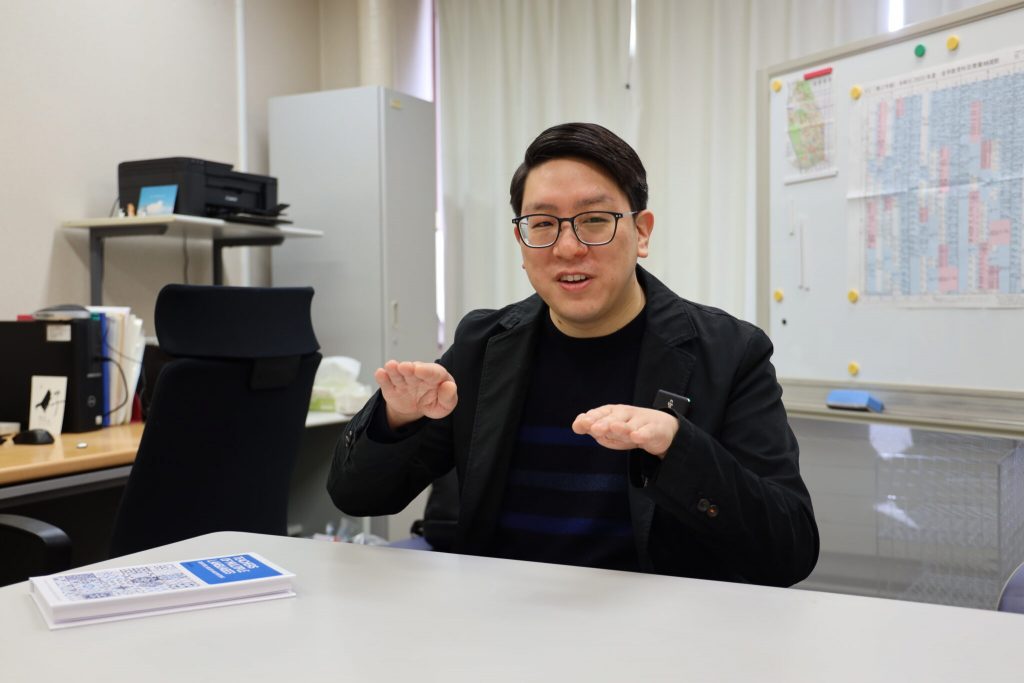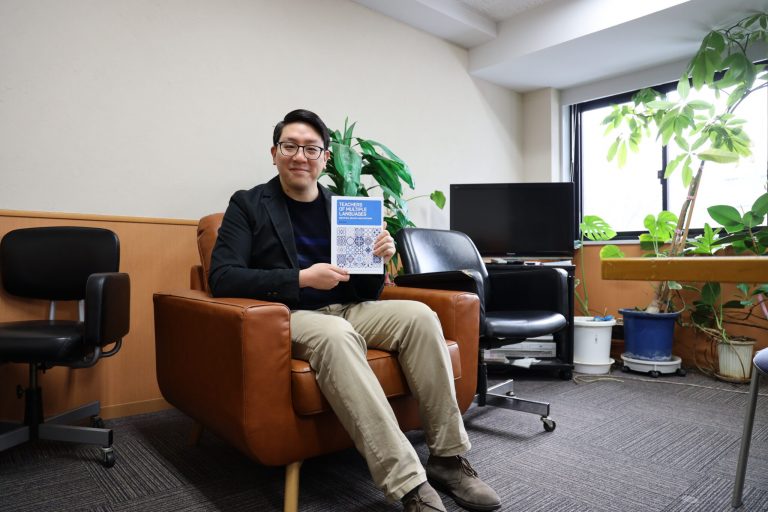
In a world marked by linguistic diversity and where English has firmly established itself as the global lingua franca, Specially Appointed Associate Professor Eric K. Ku at the Research Faculty of Media and Communication sheds light on the absence of research specifically addressing teachers navigating multiple languages, including curriculum and career trajectories. Ku introduced the term “Teachers of Multiple Languages (TML),” revealing the gap in language pedagogy research and his subsequent creation of this term that encapsulates the unique challenges faced by educators juggling multiple linguistic responsibilities.
Ku had observed that language teaching research tends to recognize multilingual teachers (i.e., teachers who use multiple languages) while overlooking teachers of multiple languages (i.e., teachers who teach multiple languages). Ku pointed to the absence of a unified term for educators grappling with the complexities of teaching multiple languages. In addition, Ku eloquently highlighted the scattered nature of existing studies, emphasizing the need for a unifying concept to facilitate comprehensive research and dialogue in the field of linguistics.
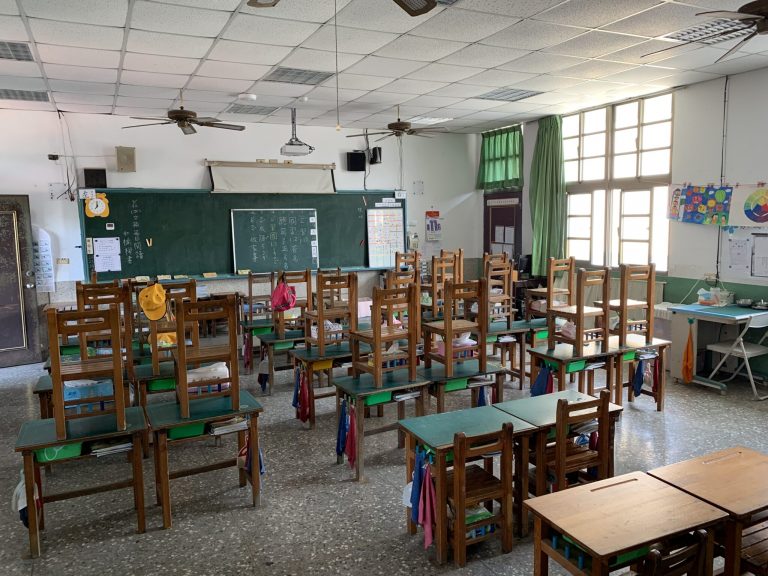
Ku then delved into his book, Teachers of Multiple Languages: Identities, Beliefs and Emotions, a compilation and comparison of case studies on teachers with the experience of teaching multiple languages. The book acts as a beacon, urging language educators to explore and compare experiences, catalyzing a more cohesive understanding of what it means to teach multiple languages.
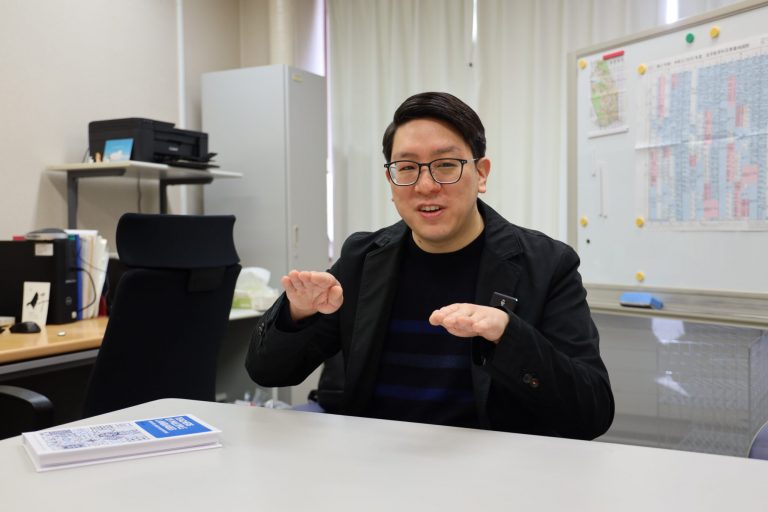
Ku navigated towards the heart of his research—the intersection of identity, emotion, and multilingualism. He disclosed “how some language teachers, often labeled as non-native speakers, grapple with the perception of their multilingualism. This prompted a reflection on how language educators perceive themselves and their role in the classroom.”
Ku highlighted the impact of linguistic identity on educators, stating, “Multilingualism shapes a new kind of teacher.” Addressing international contexts from Brazil to the Netherlands, he emphasized the urgent need for formal recognition of teachers of multiple languages, resonating with educators globally. Ku’s work emphasizes the essential role of formal training in preparing teachers for the challenges of teaching multiple languages. Ku’s research also scrutinizes the psychological landscape of teachers, exploring the multifaceted nature of identity, emotion, and mindset.

Ku then discussed global challenges in bilingual education, specifically focusing on teaching science and art in English within native language-speaking environments, centered on balancing global competitiveness with the preservation of local languages and cultures.
Ku’s work isn’t just about highlighting the challenges of teachers in multilingual settings; it’s a crucial call for a paradigm shift. The term “Teachers of Multiple Languages” becomes more than just a lexicon; it’s a symbol of acknowledgment, a tool for self-identification, and a catalyst for transforming language education globally.
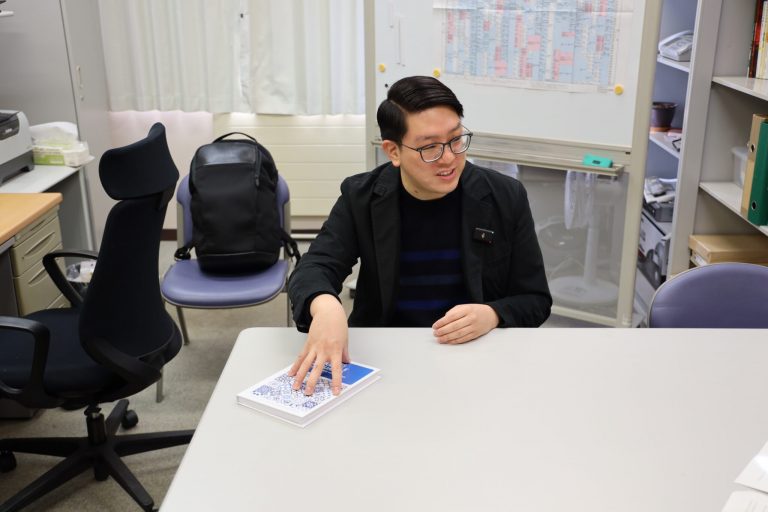
Collaboration is a vital aspect in Ku’s field, especially in comparing language teaching experiences across different cultural and linguistic contexts. He spoke of the support network he is part of, with weekly virtual sessions aiding fellow researchers in navigating the challenges of academia.
Ku also conducts research on LGBTQ+ issues in language education, highlighting the challenges faced by LGBTQ+ teachers in conservative educational environments. He investigates the intersectionality of language teaching and diverse identities. He is also committed to innovative research practices, particularly through art-based methodologies.
Teachers of Multiple Languages: Identities, Beliefs and Emotions is available on the publisher’s website.


